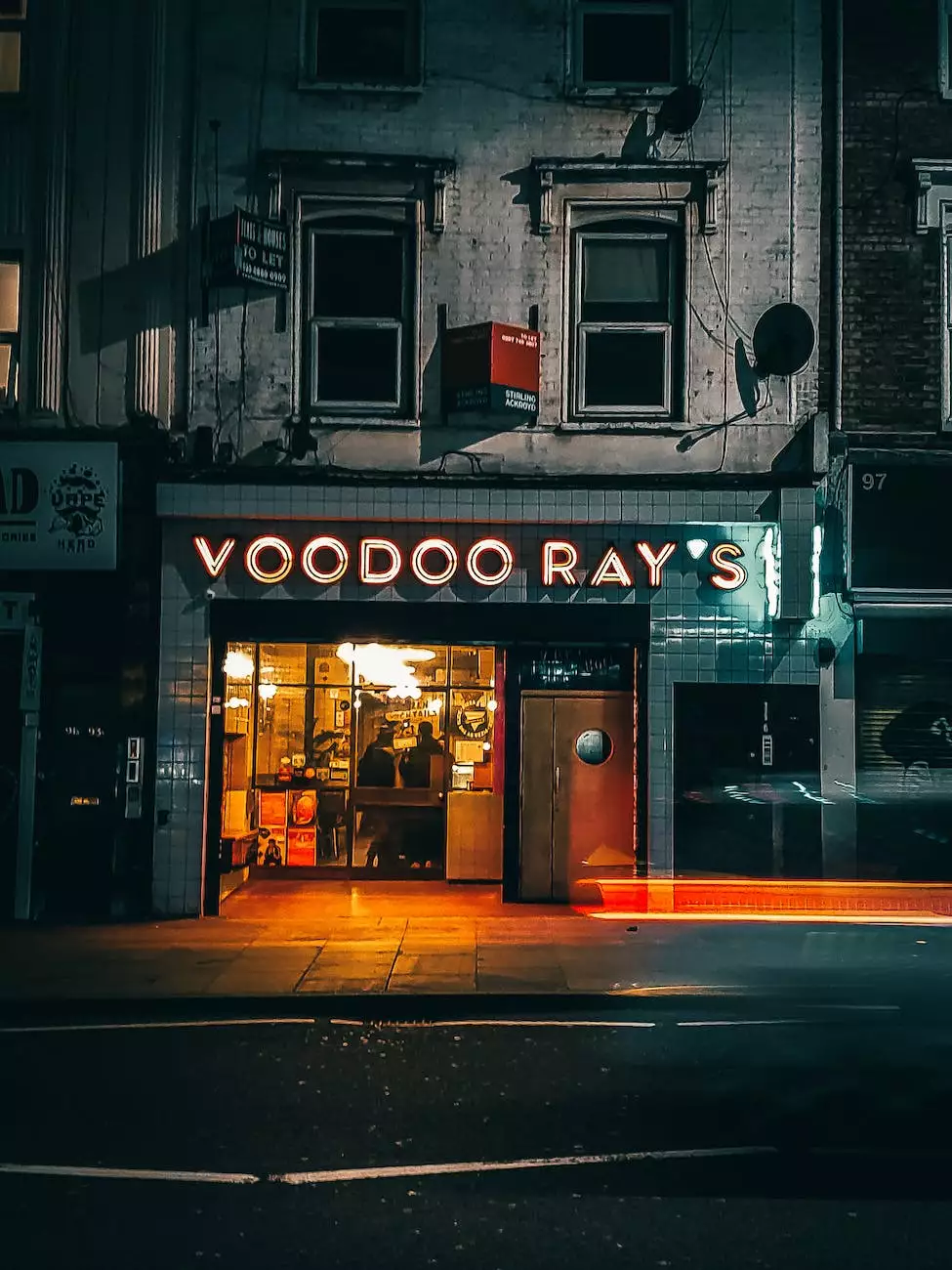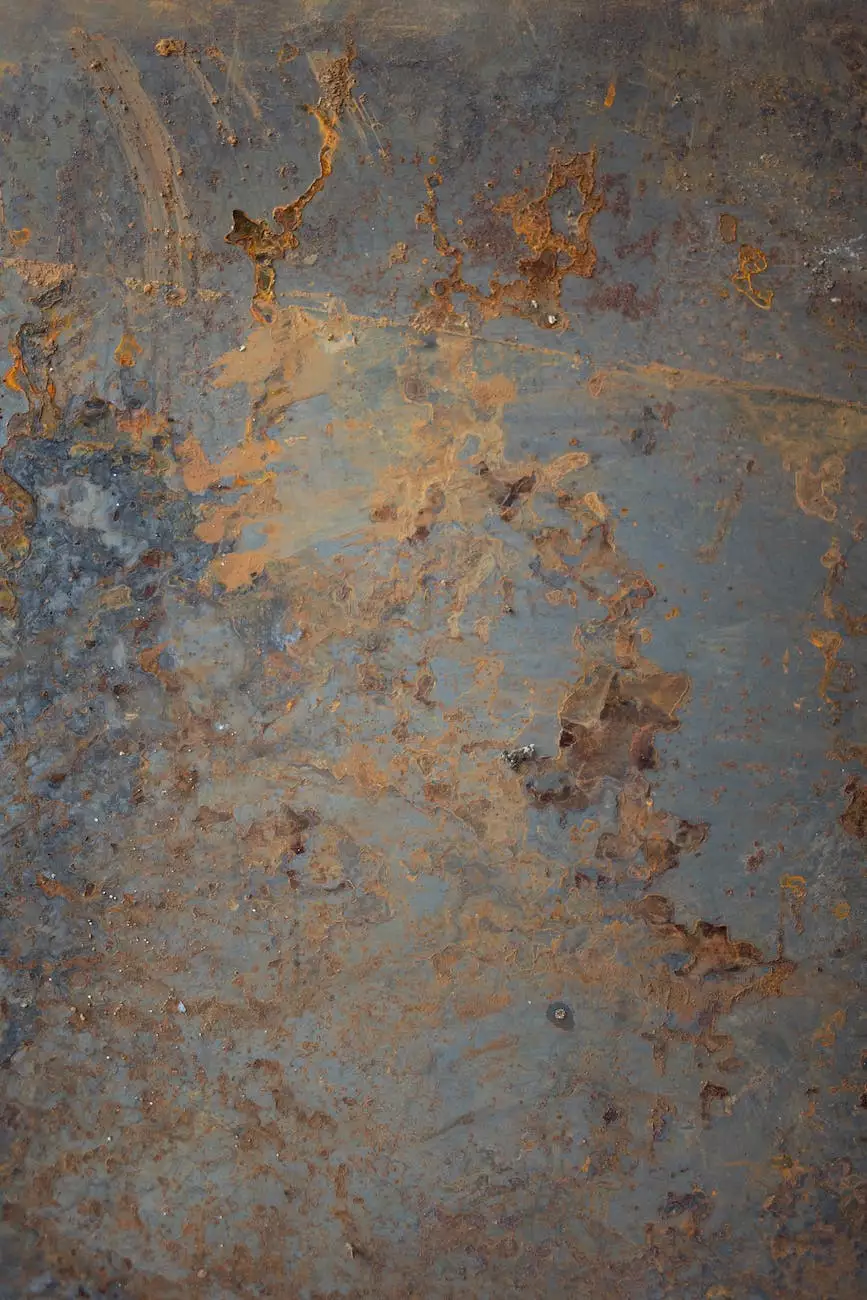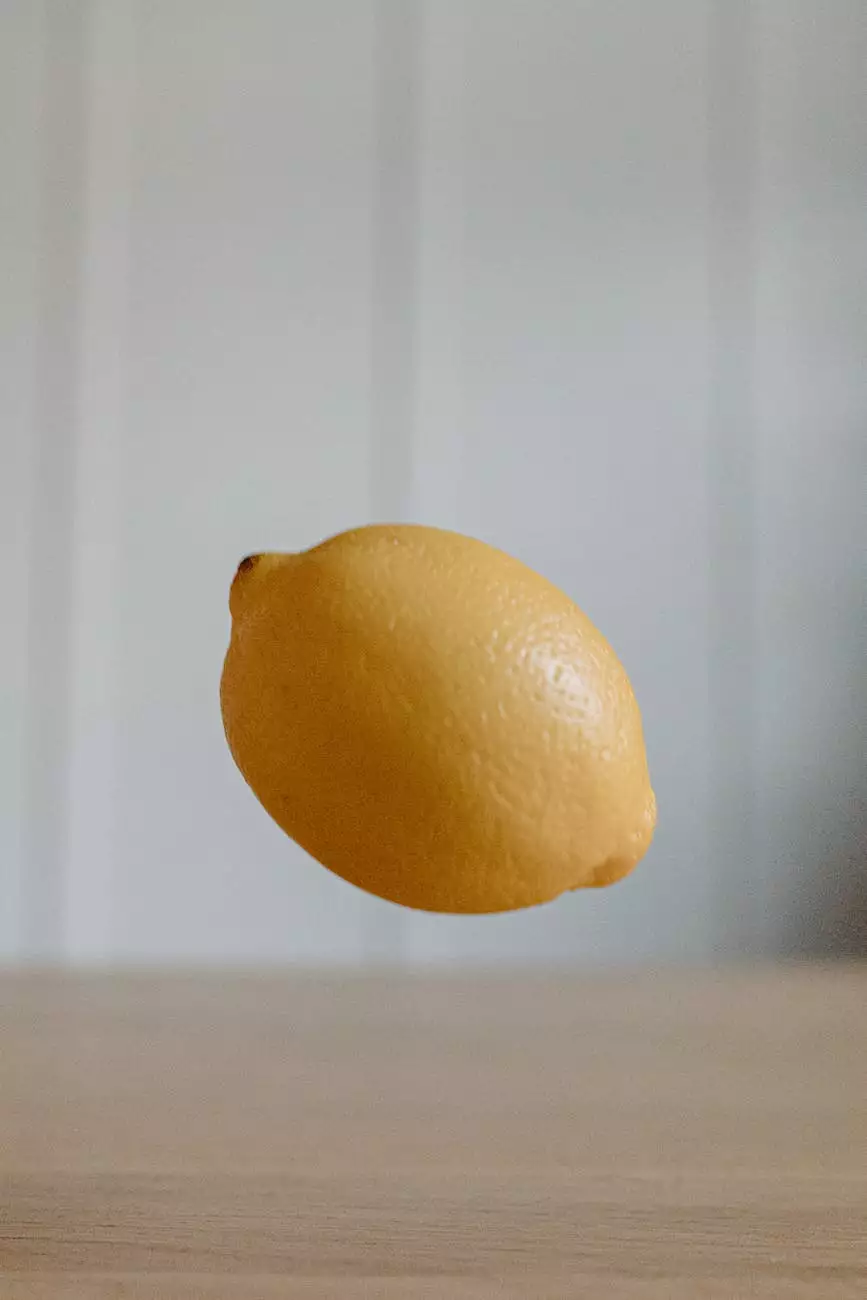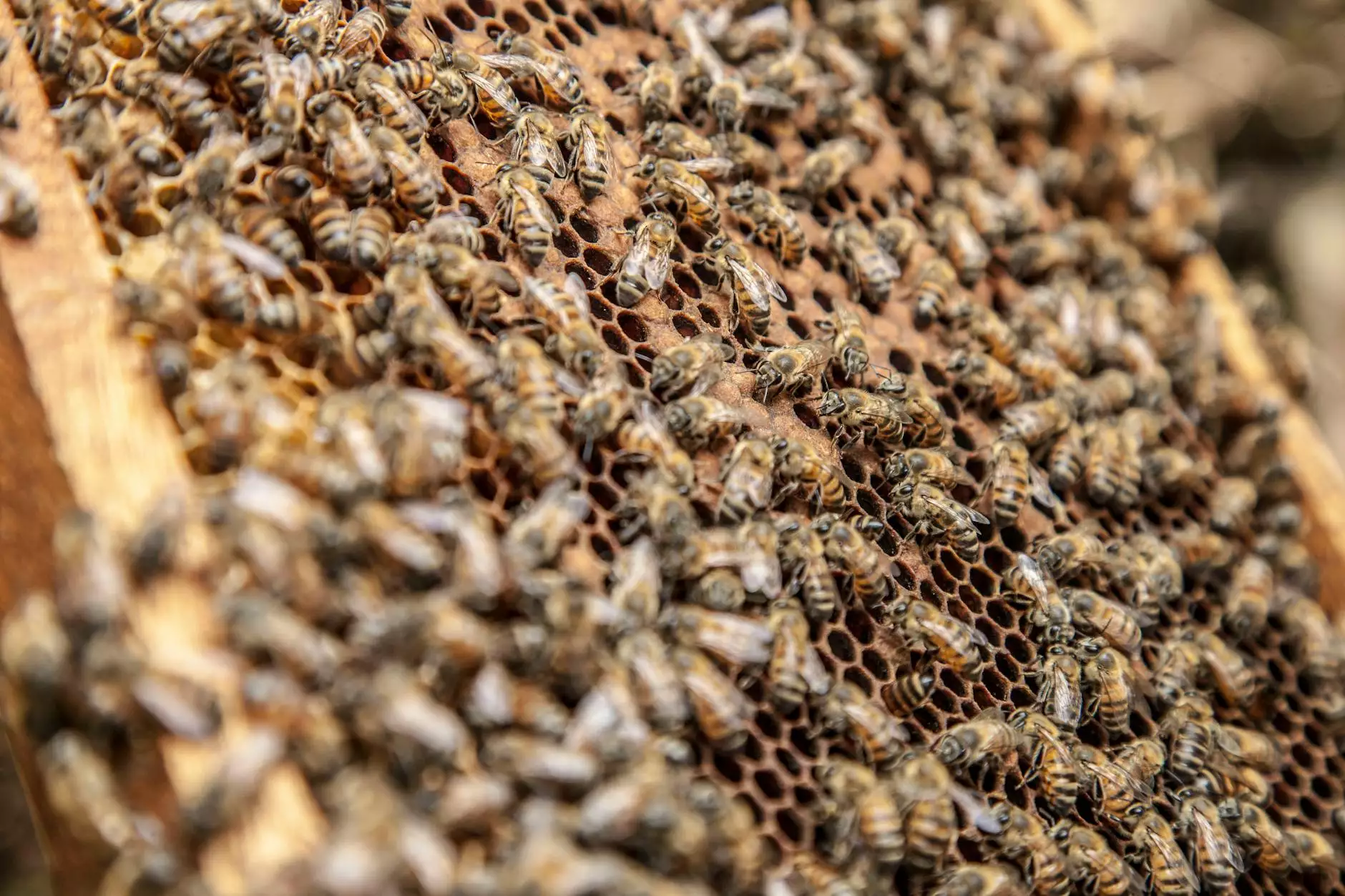Complete Guide To Mold Inspection
Services Offered
Introduction to Mold Inspection
Welcome to the complete guide to mold inspection provided by Nicholas Home Inspection & Consulting. As a leading business and consumer services company specializing in consulting and analytical services, we aim to provide a comprehensive understanding of mold inspection and its significance for a healthy living environment.
Why Mold Inspection is Crucial
Mold is a common issue in many homes and buildings, and its presence can lead to various health problems and structural damage. Mold growth often goes unnoticed, as it can thrive in hidden areas such as behind walls, under floors, or within ventilation systems. Mold can release spores that can negatively impact indoor air quality, leading to respiratory issues, allergies, and even more severe health conditions.
Therefore, mold inspection is crucial to identify and address the presence of mold before it becomes a significant problem. By conducting regular mold inspections, homeowners and building managers can prevent potential health risks and ensure the structural integrity of the property.
The Mold Inspection Process
1. Visual Inspection:
A certified mold inspector will conduct a thorough visual examination of the property, inspecting all areas susceptible to mold growth. This includes checking areas with high moisture levels such as bathrooms, kitchens, basements, and crawl spaces. The inspector will also examine HVAC systems and other potential sources of water or moisture intrusion.
2. Moisture and Humidity Assessment:
The inspector will use specialized tools to measure the moisture levels in different areas of the property. High humidity and moisture promote mold growth, so it's crucial to identify any areas with excess moisture. This may include using moisture meters, thermal imaging cameras, and hygrometers to assess both visible and hidden moisture levels.
3. Air and Surface Sampling:
In some cases, the mold inspector may collect air and surface samples to further analyze the mold spore concentration and identify the exact type of mold present. These samples are sent to a certified laboratory for detailed analysis, allowing for a comprehensive understanding of the mold situation in the property.
4. Mold Identification and Report:
Once the inspection is completed, the mold inspector will provide a detailed report outlining the findings. This report will include information on any visible mold growth, areas of moisture intrusion, and the results of air and surface sampling. The report will also include recommendations for mold remediation and prevention strategies.
Benefits of Hiring Professional Mold Inspectors
While it is possible to conduct a basic visual inspection on your own, hiring professional mold inspectors like Nicholas Home Inspection & Consulting offers several advantages:
- Expertise: Our certified mold inspectors have the knowledge and experience to identify potential mold issues that may go unnoticed by an untrained eye.
- Accurate Analysis: Professional inspectors use specialized tools and techniques to accurately assess moisture levels and identify mold types, providing comprehensive results.
- Preventive Measures: Professional mold inspectors can provide valuable recommendations and preventive measures to control moisture and prevent future mold growth.
- Peace of Mind: By hiring professionals, you can have confidence in the accuracy of the inspection and ensure the safety of your property.
Conclusion
With mold posing a significant risk to both health and property, proper mold inspection is a crucial step in ensuring a safe and healthy living environment. By utilizing the services of Nicholas Home Inspection & Consulting, you can benefit from our expertise in mold inspection and prevention, allowing you to take proactive measures to maintain a mold-free space.
Don't compromise your health and property. Contact Nicholas Home Inspection & Consulting today to schedule a professional mold inspection and secure a healthier living environment for you and your loved ones.










